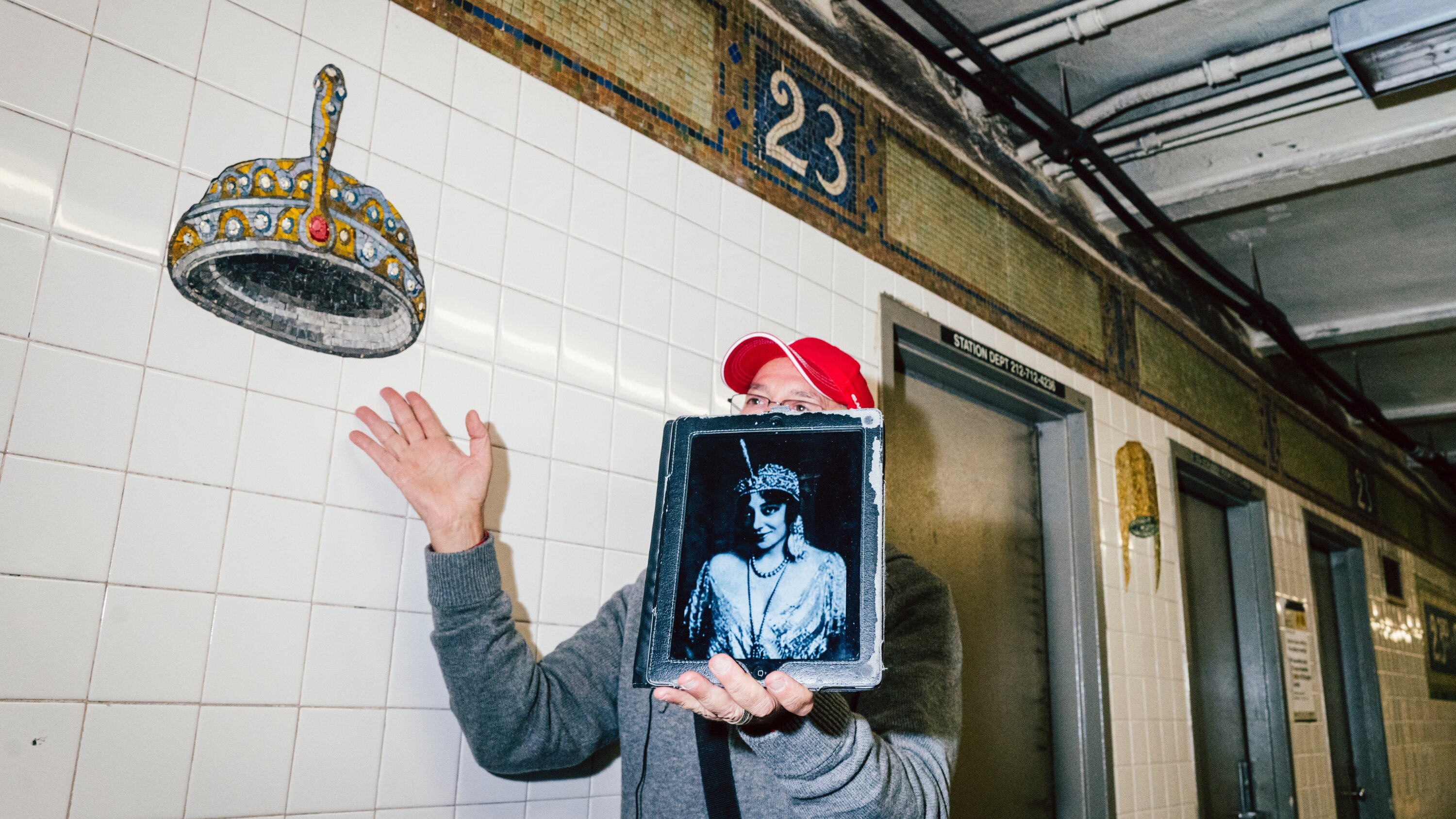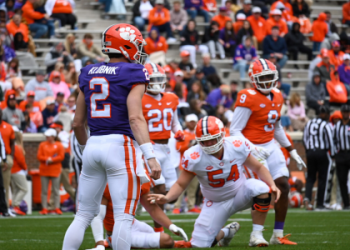Alright folks, let me tell you about this thing I was messing around with today – “tour guides remark nyt”. Sounds kinda cryptic, right? Well, it started with me just browsing some data sets, looking for something… interesting.

First thing I did was actually find the data. I stumbled upon a publicly available collection of New York Times articles, and I figured, hey, tour guides probably get quoted in the NYT every now and then, right? So, I started with that assumption. I grabbed the data set. It was a beast, let me tell you, like gigabytes of text. I downloaded it and started thinking about how to handle it.
Next, I had to clean and process the data. This was the boring but necessary part. I fired up Python (because what else would I use?) and started writing some scripts. I used `pandas` to load the data, and then I dove into cleaning. I had to deal with all sorts of junk – weird characters, HTML tags, you name it. Basically, I wanted to get the raw text of each article so I could actually search it.
Then came the fun part: searching for tour guide mentions. I figured, what words would a tour guide likely say? “Landmark,” “history,” “building,” “avenue,” “statue,” stuff like that. I created a list of keywords and used Python’s `re` (regular expression) module to search the articles. I wasn’t looking for exact matches to “tour guide,” but phrases that strongly suggested someone was giving a tour.
Once I had a list of articles that might contain tour guide remarks, I needed to verify the results. The automated search wasn’t perfect, of course. There were false positives, articles that mentioned “history” but weren’t actually about tours. So, I had to manually read through a bunch of them. It was a bit tedious, but I actually learned a lot about NYC in the process!
After verifying, I extracted the actual remarks. This was another round of Python and regular expressions. I tried to isolate the specific sentences or paragraphs where the tour guide was speaking. This involved looking for patterns, like quotation marks or phrases like “according to our guide.”

What I Learned
- Data cleaning is always more work than you think.
- Regular expressions are your friend (but can also be your enemy).
- Even simple tasks can turn into mini-projects.
Finally, I compiled my findings. I created a little document with the snippets of tour guide remarks I found, along with the article source. It wasn’t anything earth-shattering, but it was a fun exercise. I uploaded it somewhere so anyone can take a peek if they’re curious.
It was a day well spent, I think. Got my hands dirty with some data, learned a bit about NYC, and generally just kept the coding gears turning. Not bad for a random idea I had in the morning!





